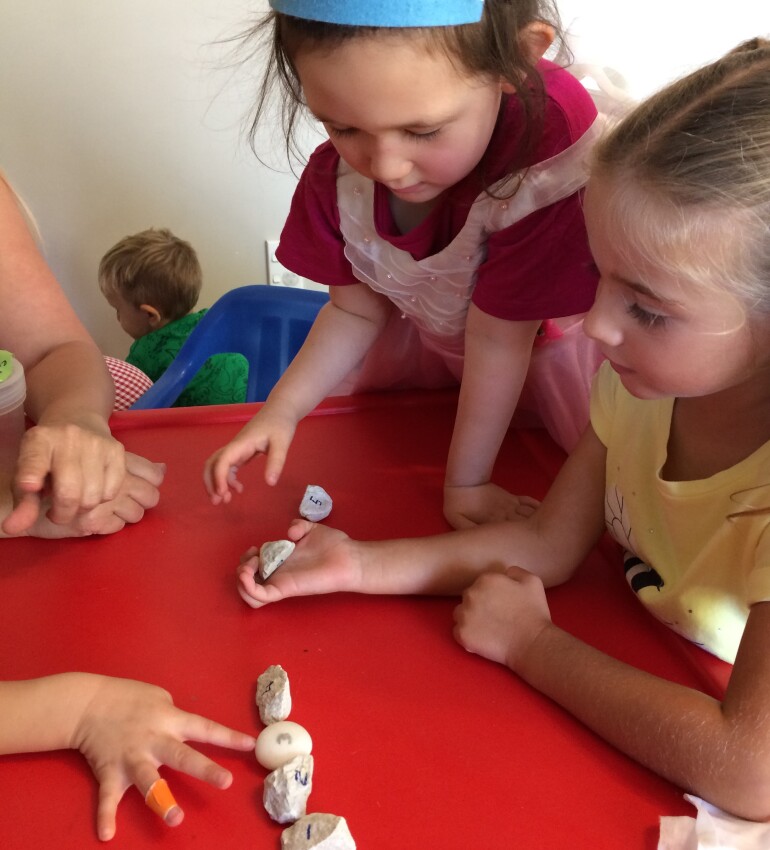News And Events

Self Regulation
8 August 2021Self-regulation is the ability to control our feelings, thoughts, and behaviours and is a vital aspect of emotional competence. It involves managing our emotions so that we can persist at tasks, solve problems, control our impulses, and delay gratification when necessary. For infants and toddlers, co-regulation with their whānau and kaiako provides the support, guidance, and modelling that are needed for them to eventually become self-regulated children (Rosanbalm & Murray, 2017).
Responsive, caring interactions with adults help children to trust that their needs will be met. It is much easier to delay gratification and control impulses when they know that waiting, sharing, practising, trying again, and asking for help will result in good outcomes for them. For example, Educators will role model turn-taking and verbalise how they are waiting for their turn. Engaging in project-based play, such as creating a hut made out of cardboard, children have opportunities to revisit their project and refine or change it over time so that they can decide when they have achieved the desired result.
At Nurtured at Home, Educators provide calm, unhurried, and predictable rhythms and routines to each day with a small group of children so that each child can actively participate at their own pace alongside a caring and familiar adult.


